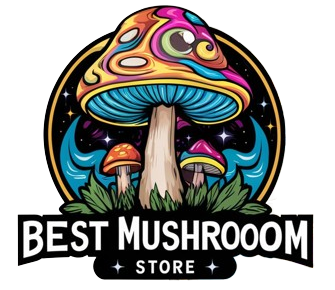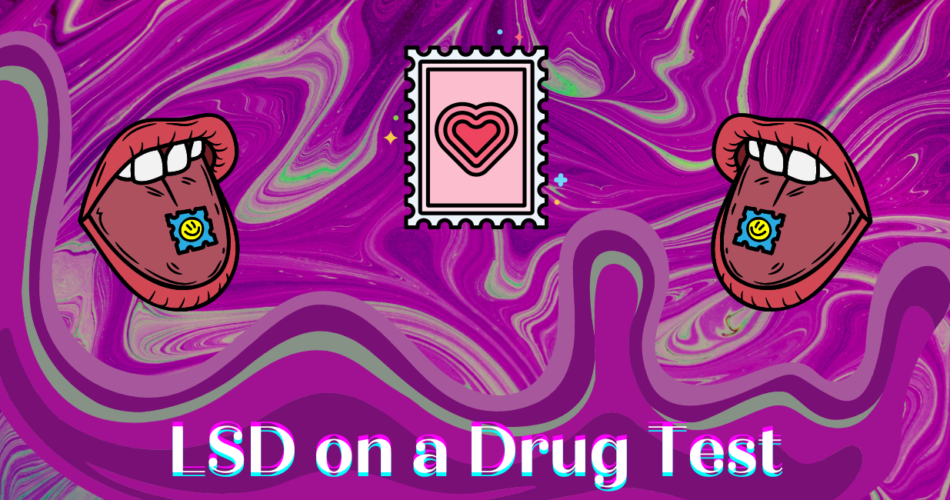Can one see any traces of LSD on a drug test? Do standard screenings detect it? In this blog post, we’ll explore what kind of tests detect LSD. We will also cover random drug testing in the workplace. Keep reading to learn more!
LSD is a psychedelic drug that is illegal in the United States. It is very often used as a recreational drug because it is not addictive. Nevertheless, LSD use may result in other than physical consequences. One of them is losing one’s job. Drug use is often punishable by termination of contract. To check for substance use, many employers do drug screenings. But can you even detect LSD on a drug test?
| LSD in Urine | LSD in Blood | LSD in Hair and Saliva |
|---|---|---|
| detectable up to 72 hours | detectable up to 3 hours | practically indetectible |
Does LSD Show Up on a Drug Test?
If you ingest LSD, lysergic acid diethylamide, it can be detected in your body for up to a few days. However, this doesn’t mean that LSD will show up on a drug test during that time. Standard drug tests are designed to look for specific drugs, not the metabolites that LSD breaks down into. That’s why LSD, mushrooms, and ecstasy don’t show up on standard drug tests. However, if a hospital or employer specifically orders a test for LSD, it can be detected for up to 3 days, depending on the test.
Which Drug Tests Detect LSD?
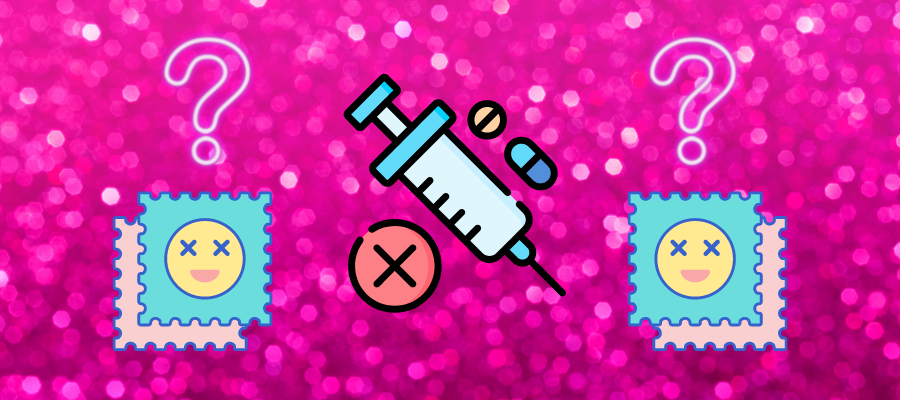
In practice, there won’t be any traces of LSD on a drug test. The standard drug test is the SAMHSA-5, which includes testing for cannabis, cocaine, amphetamines, opiates, and PCP. An extended panel may be able to detect LSD; however, it rarely does. In order to specifically test for LSD, blood or urine samples need to be checked just for that.
LSD in Urine Tests
While LSD is not typically tested for in routine urine drug screens, it can be detected if the test is specifically looking for it. So, if you take LSD and are then subjected to a urine drug test within a few days, there’s a chance that the LSD will show up in the results. You can find LSD in urine tests up to 72 hours after consumption. However, depending on the amount of LSD taken, it could last less. It also depends on one’s metabolism; for some people who take the drug, it won’t be detectable after 30 hours.
Fun Fact
12 patients were found with false traces of LSD on their test, in the intensive care unit. It was due to the fact that they had been taking cough medicine, and the meds they were administered in the hospital reacted with it. I’ll link the study below.
12 patienst found with false LSD traces in their urine.
LSD in Blood Tests
LSD detection is also possible through blood tests. The drug is rapidly metabolized in the bloodstream and is detectable in blood tests for only 3 hours. However, if someone abuses LSD, the drug may be detectable in blood tests for a longer period of time.
LSD on Drug Tests – Saliva and Hair
Other drug tests used to detect the presence of drugs in a person’s system are saliva and hair follicle tests. However, LSD is a less commonly detected drug due to its structure. LSD molecules are very small and unstable, which makes them difficult to detect in standard drug tests. Additionally, LSD is metabolized quickly by the body and is typically only detectable for a few hours after ingestion. For these reasons, saliva and hair drug tests are generally not considered to be accurate methods to detect the drug.
How Long Does LSD Linger in Your Body?
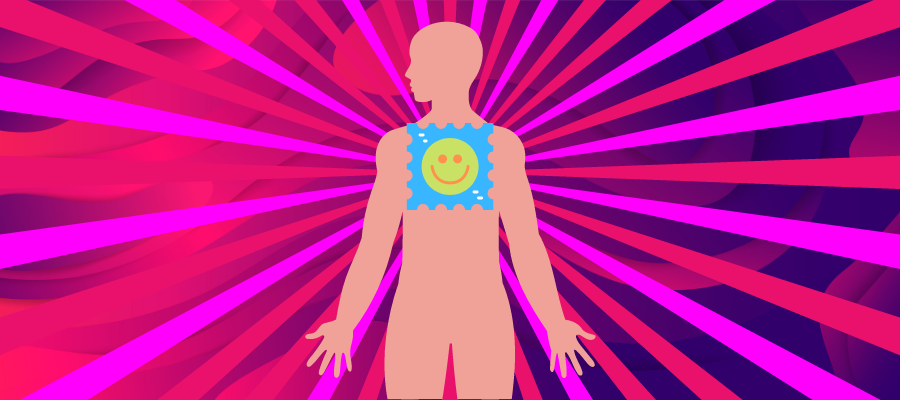
Many people are curious about how long LSD stays in their system. The effects of LSD can be felt for up to 12 hours, and it can stay in your bloodstream just for a few hours. However, LSD can also be detectable in your urine for up to 3 days. This is because LSD is metabolized by your liver and excreted in your urine. In case of substance abuse, LSD can stay a bit longer, but it’s due to the substance being constantly taken. It won’t stay much longer in the system after the last use – it may stay a few more hours in the blood, and about 2 more days in urine.
Drug Tests in a Workplace
Workplaces across the United States have implemented drug testing policies in order to create a safe and productive work environment. While drug testing may seem like a simple process, there are actually a number of legal considerations that employers need to take into account. First and foremost, employers must have a clear and well-defined policy in place that outlines when and how employees will be tested. Additionally, employers must ensure that all employees are aware of the policy and understand the consequences of failing a drug test.
If you’re worried about your employer finding traces of LSD on a drug test, you don’t have to. Even a random drug test won’t detect it. That is, unless it’s not specifically for LSD detection. If you want to make sure there won’t be any LSD in your system, you should abstain from it for a few days before a test.
What Happens If There Are Traces of LSD on a Drug Test?
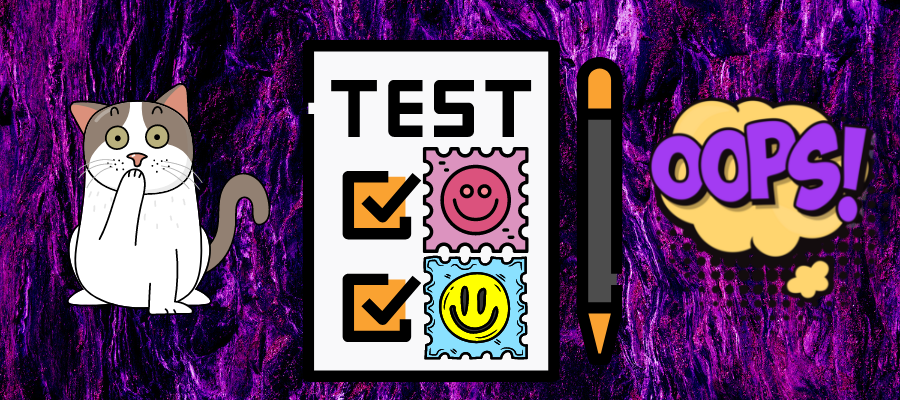
So, what happens when an employer finds LSD on a drug test? If the employee tests positive for LSD, they may lose their job or have their application for employment revoked. Some companies allow a second chance, but most do not. Employees who use LSD may be subject to disciplinary action, including termination of employment. Employers are not required to accommodate employees who use LSD, or any other drugs for that matter.
The lucky ones who get a second chance, often have to meet certain requirements, such as rehab, or regular drug screens. There are many treatment options available for addicts, so recovery is possible, and their jobs can be secured after a failed drug test.
Editor’s Note
Now, I know what you’re thinking. “Tom, if LSD isn’t addictive, why are people sent out to rehabs?” It’s true, LSD is not addictive, but that doesn’t mean people don’t abuse it. Some people do need a rehab. And when it comes to employers, sometimes it’s the only way they have tangible proof their employee did something about taking the drug.
Similar Posts:
- Do Shrooms Show Up On a Drug Test? How Long Do Shrooms Stay in Your System? Find Out More About Psilocybin Mushrooms
- How Long Does LSD Stay in Your System: A Full Guide
- How to Get LSD Out of Your System? Tips for Sobering Up
- Half Life of LSD: How Long Does LSD (Half Dose) Stay in Your Bloodstream?
- How Long Do Shrooms Stay in Your System? Psilocybin in Drug Tests, Magic Mushrooms Effects & More
- What Happens If You Fail a Pre-Employment Drug Test?
- Does CBD Show on DOT Drug Screen? (False Positive Drug Test Results)
